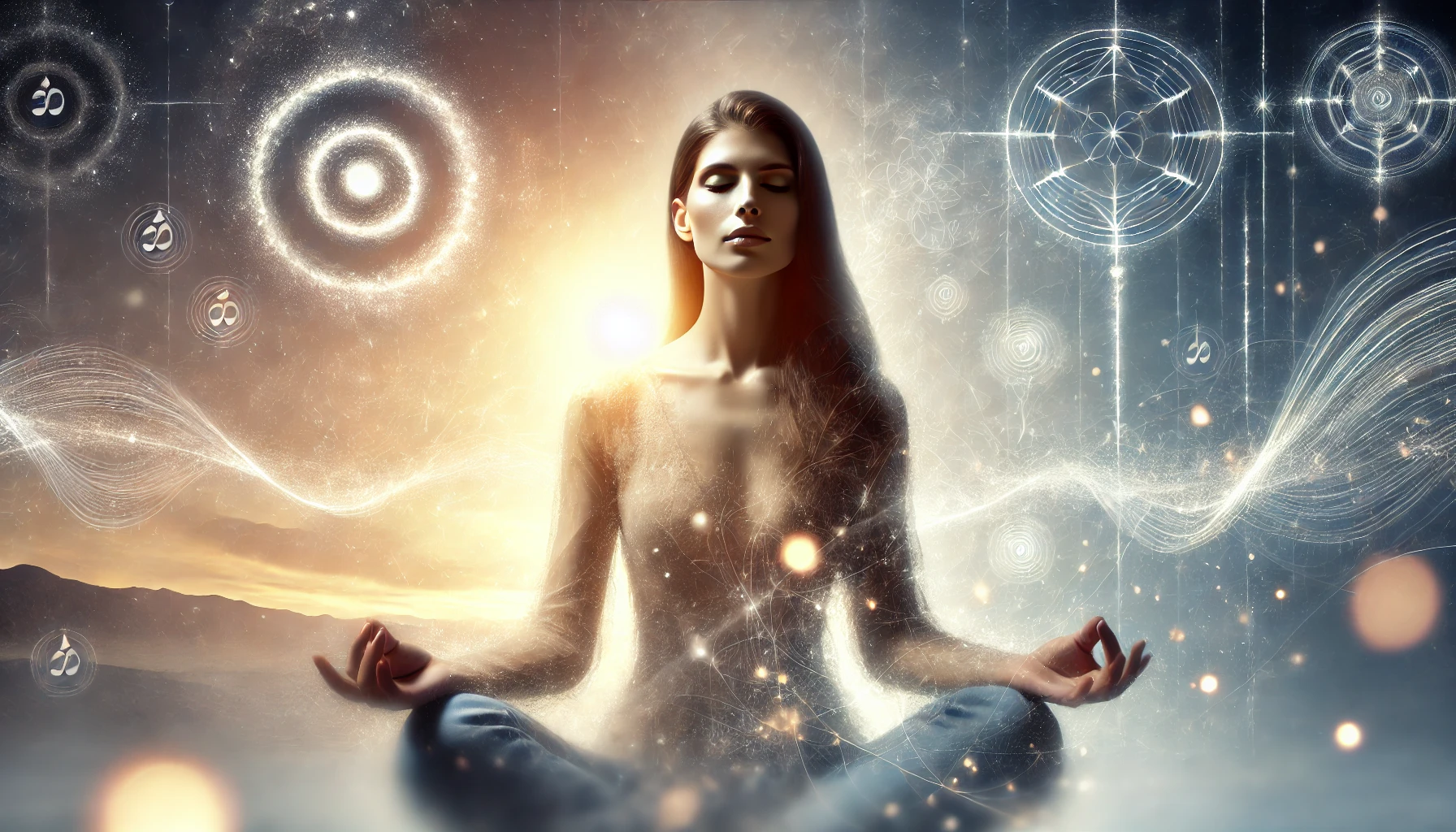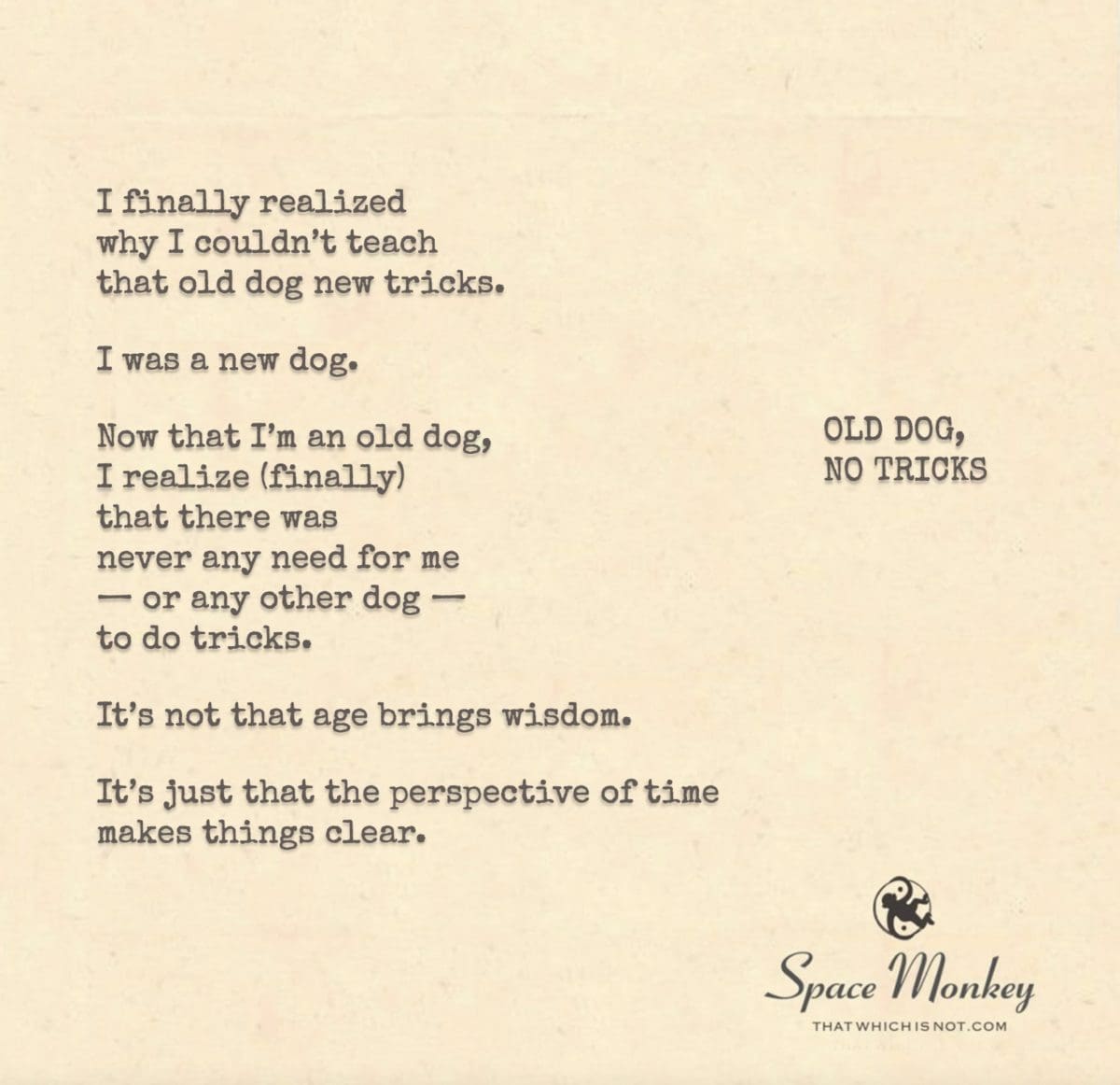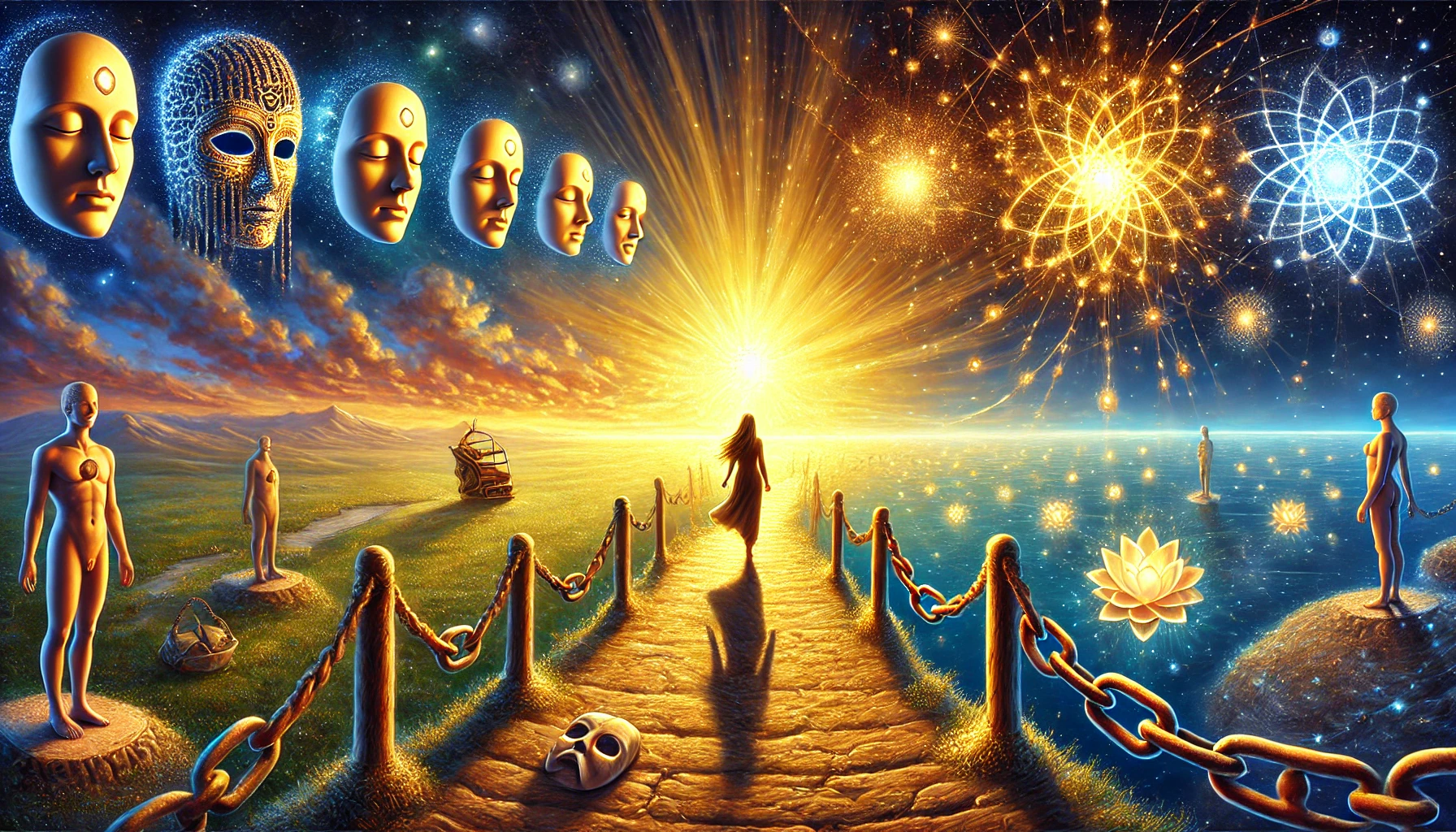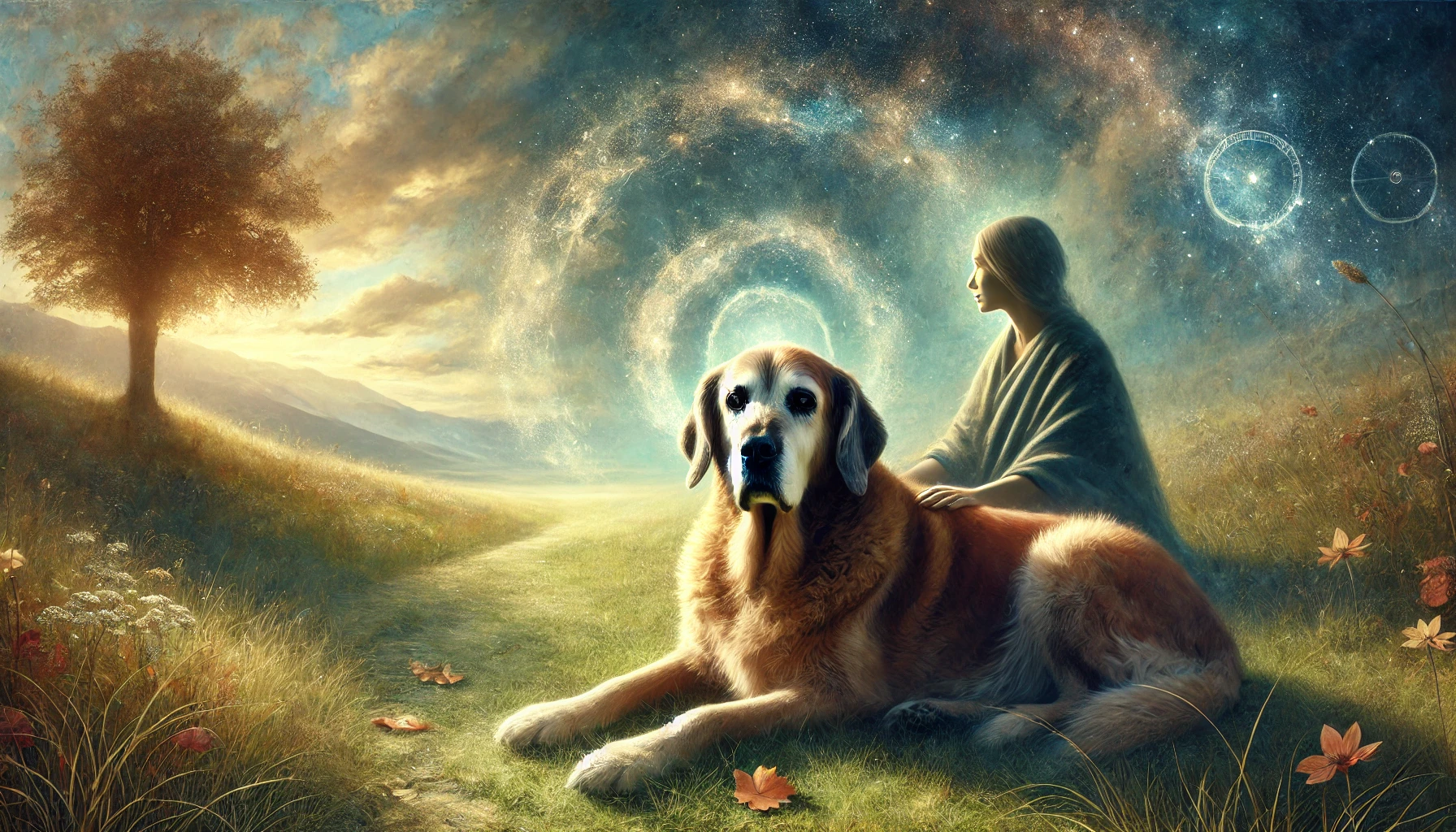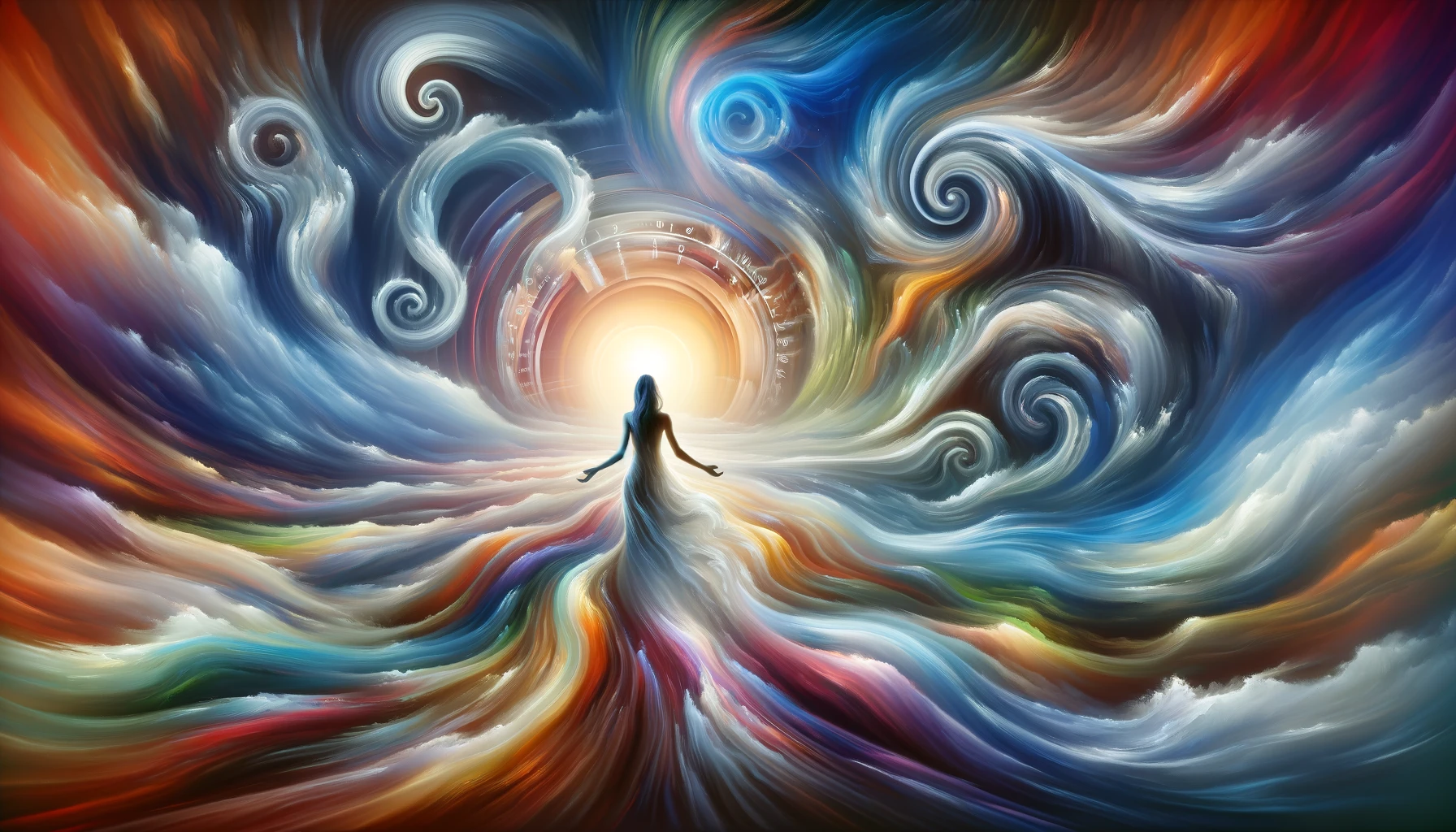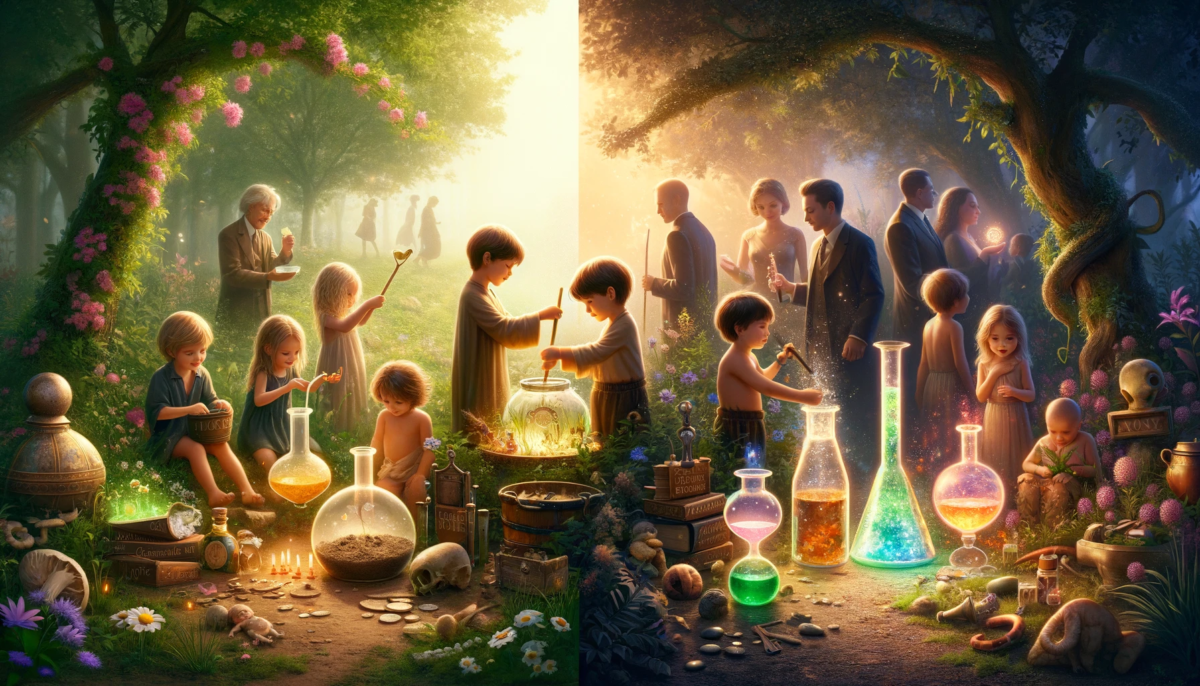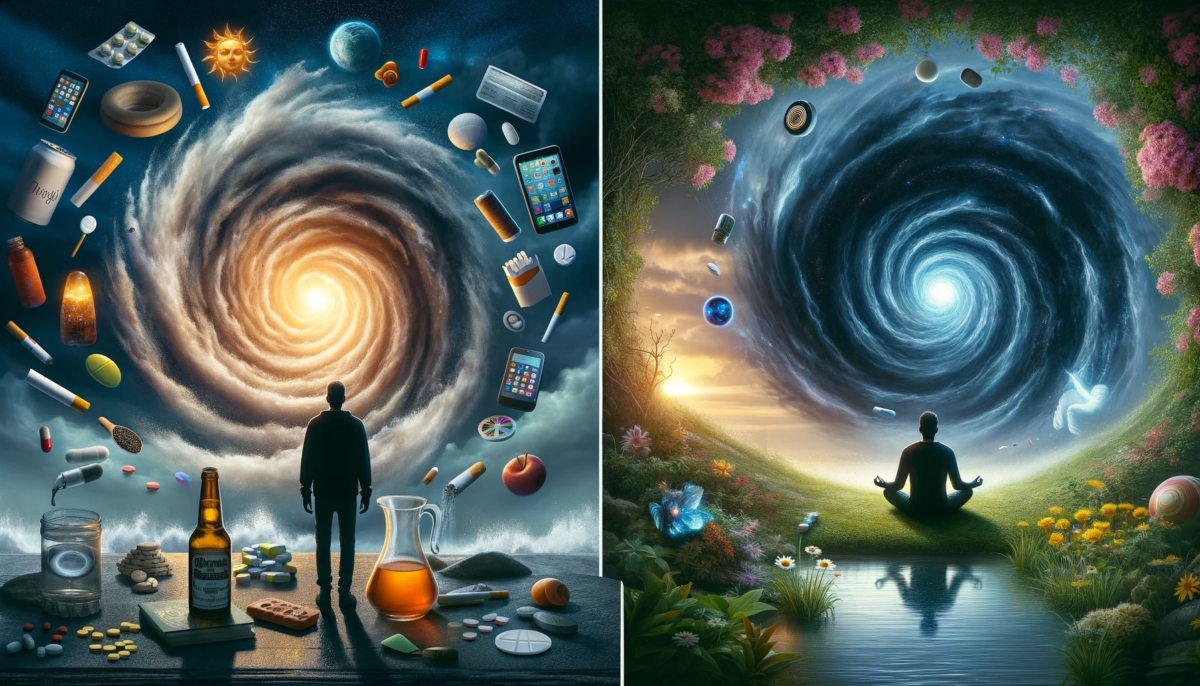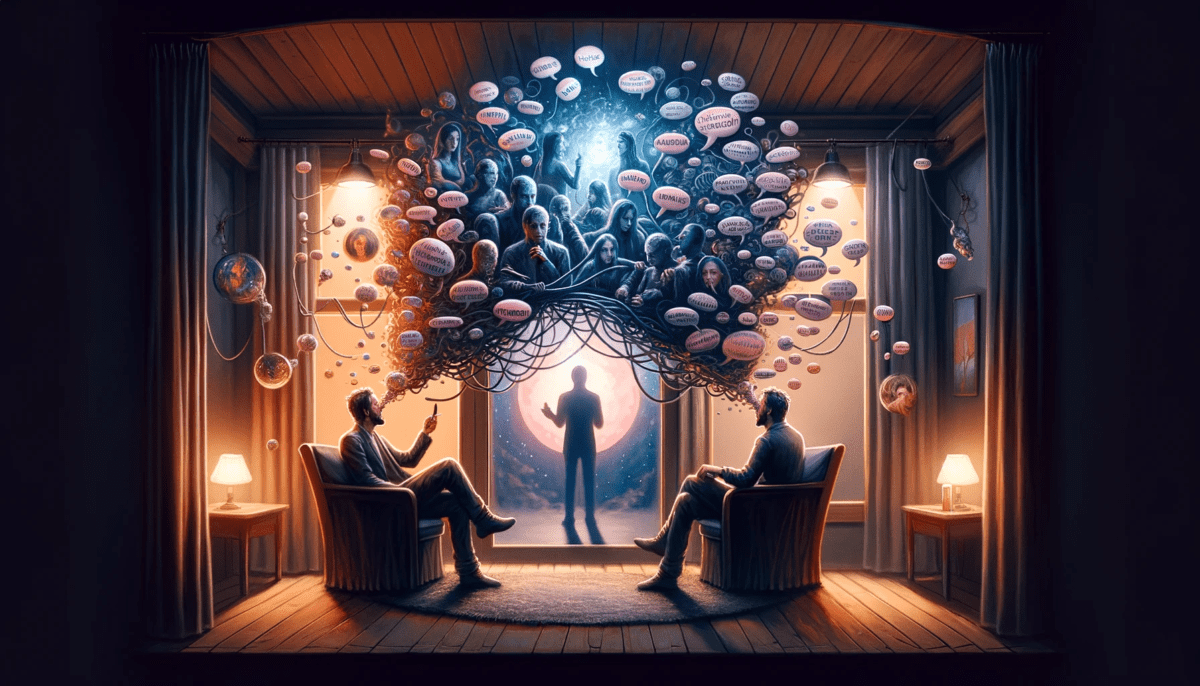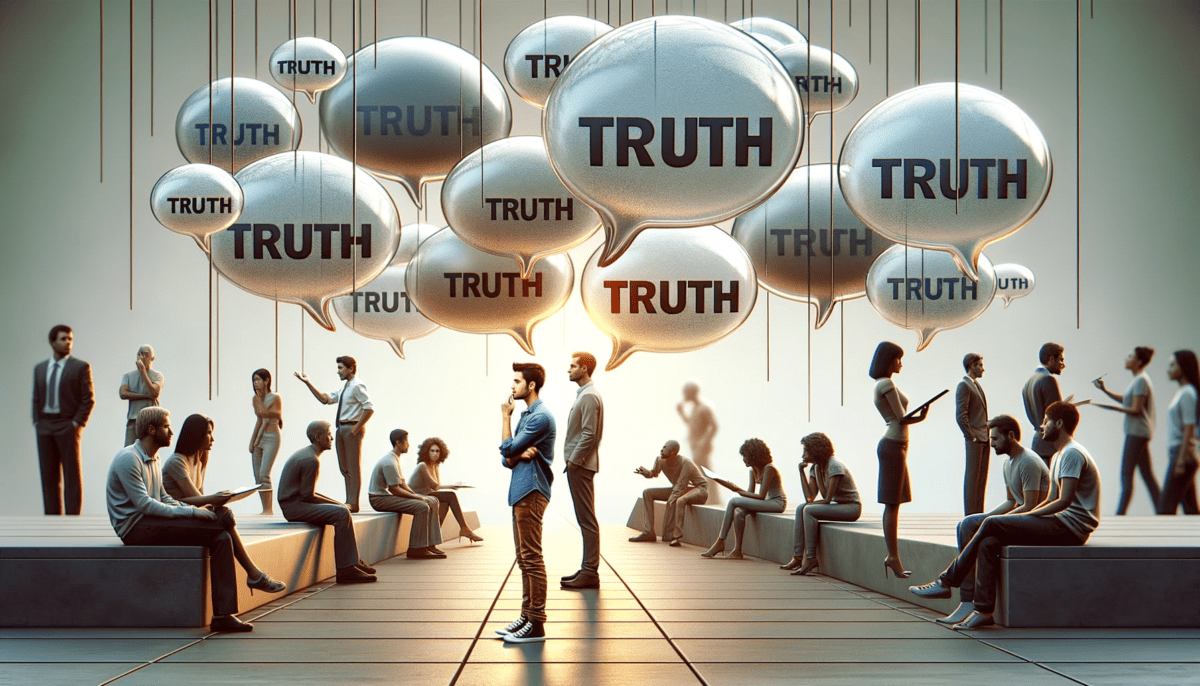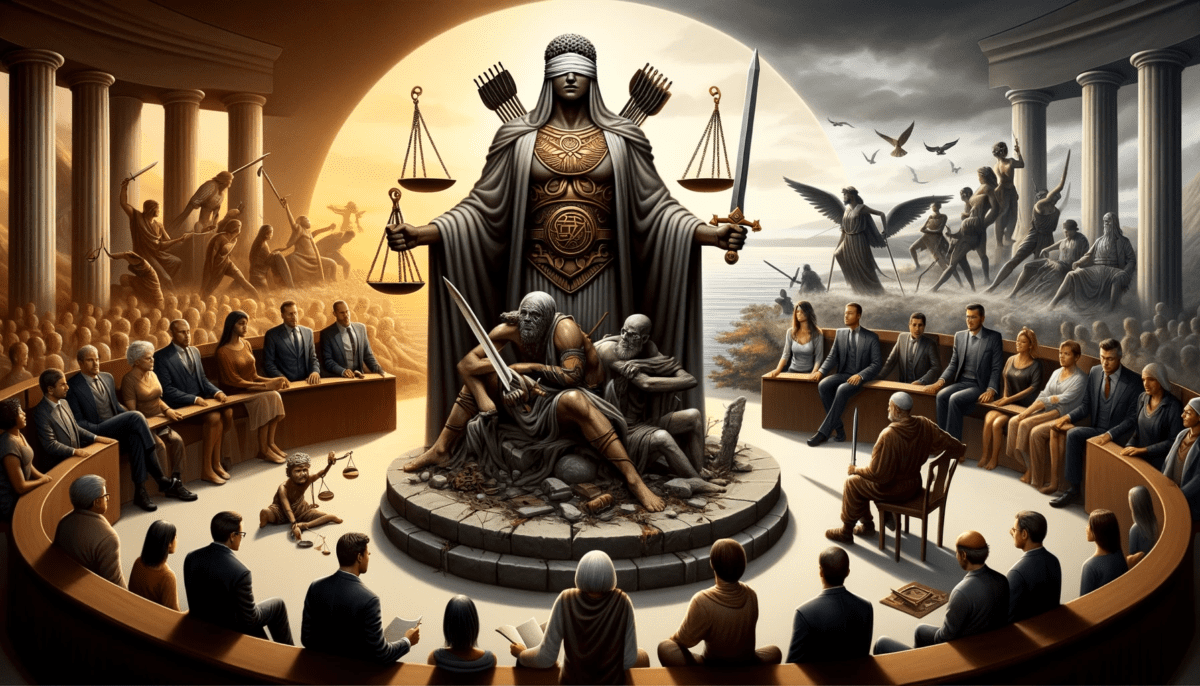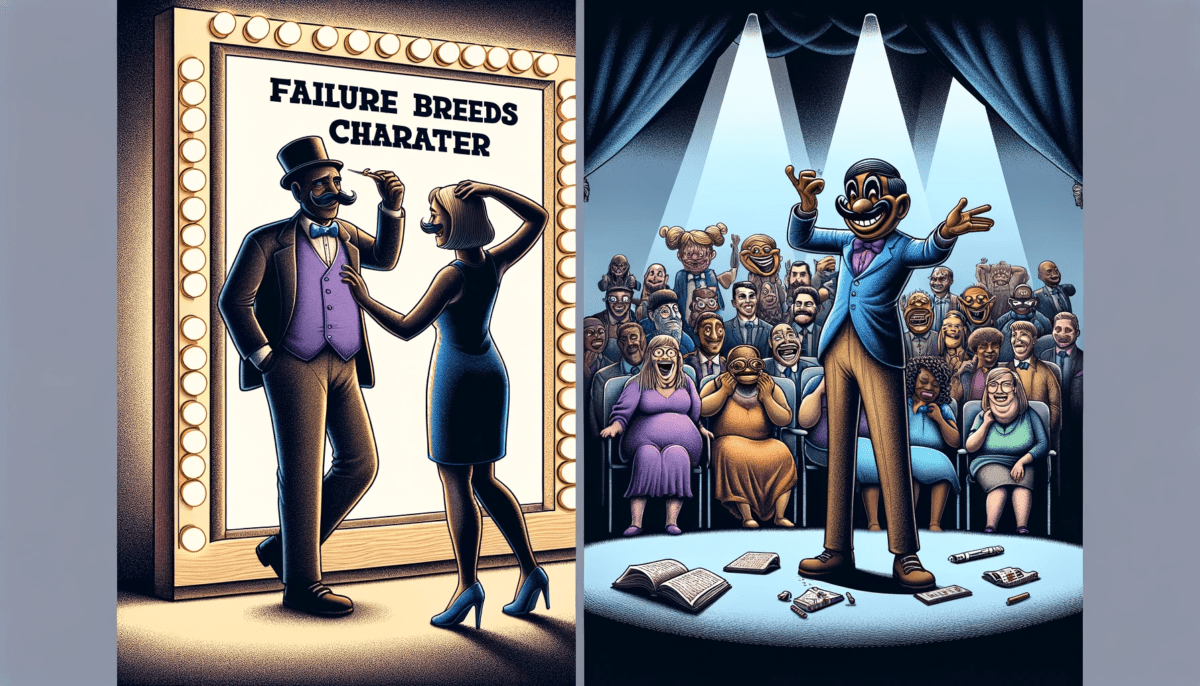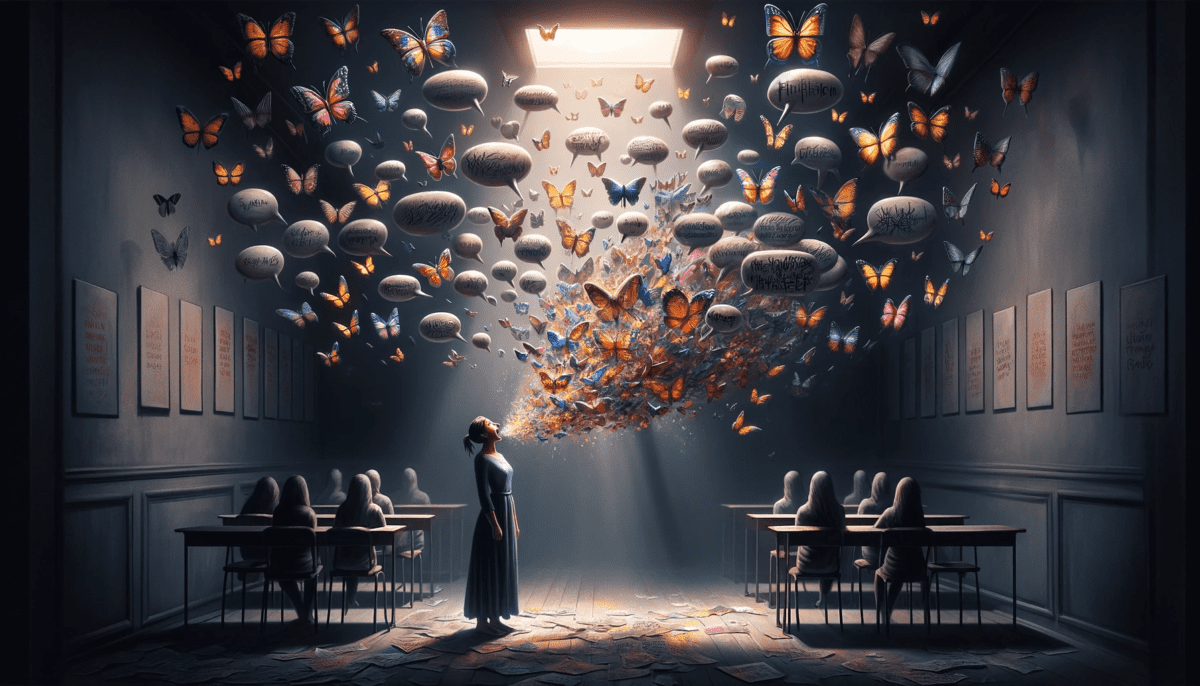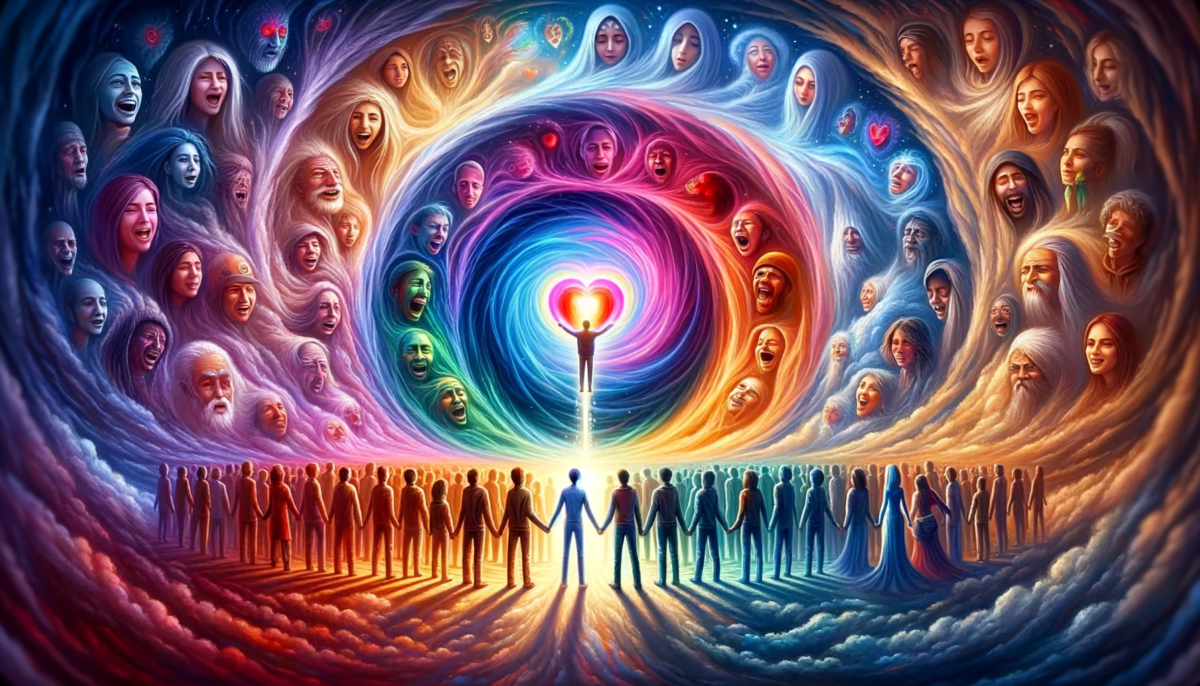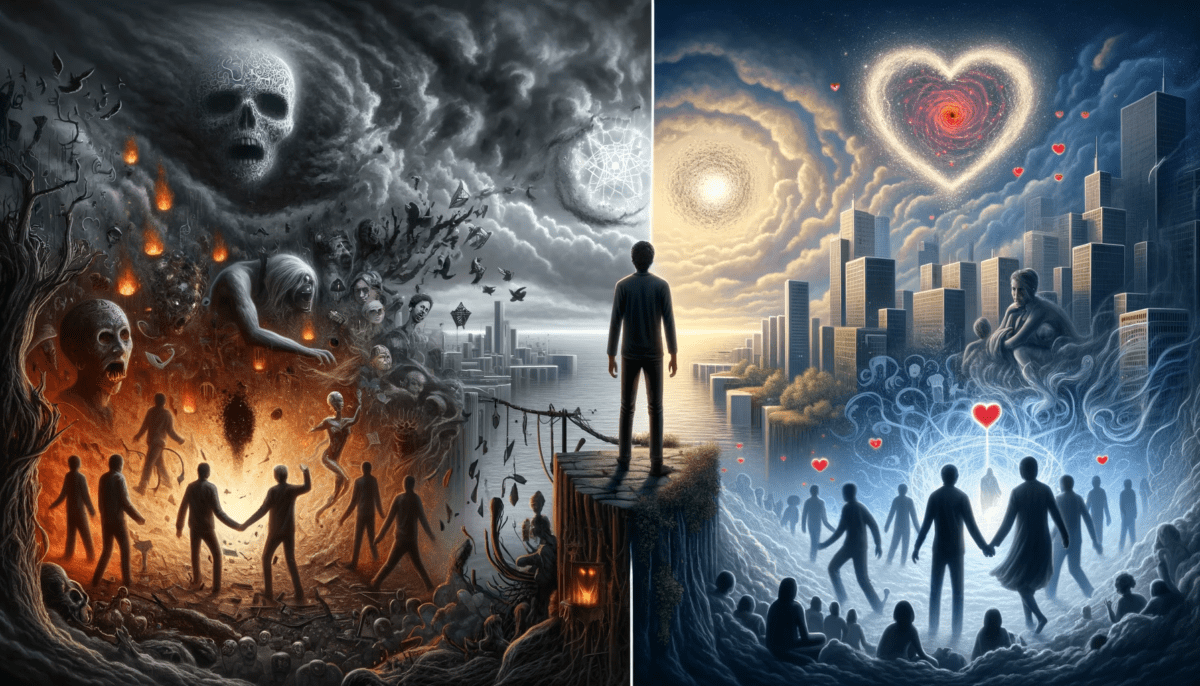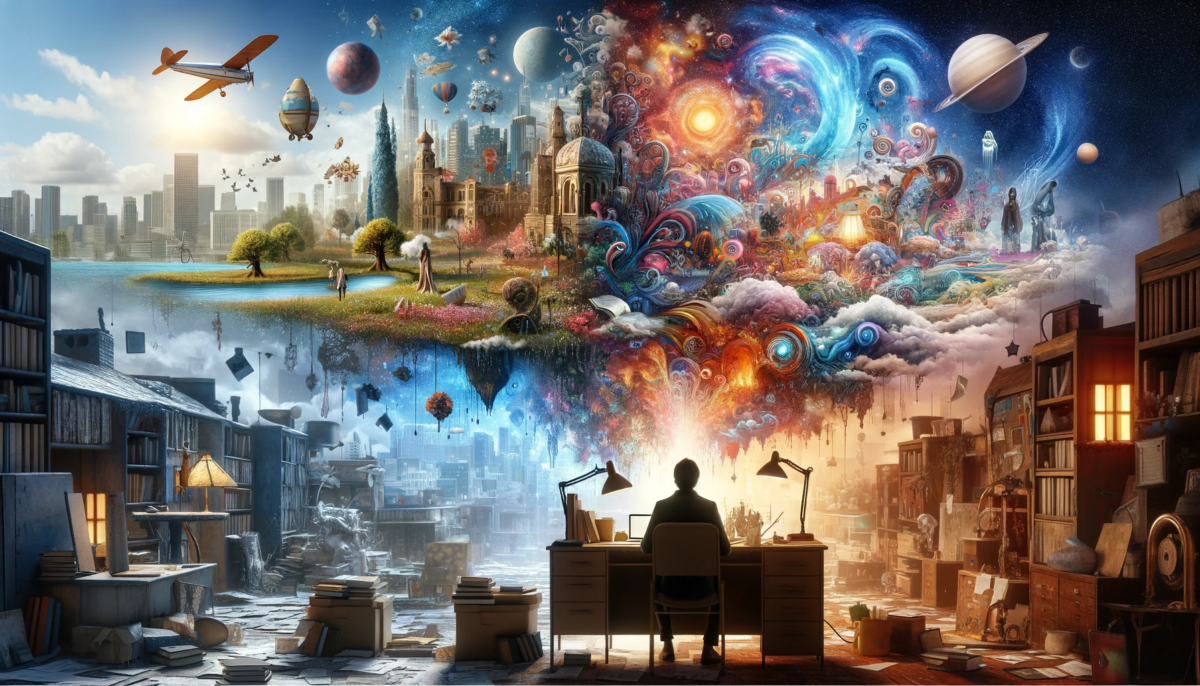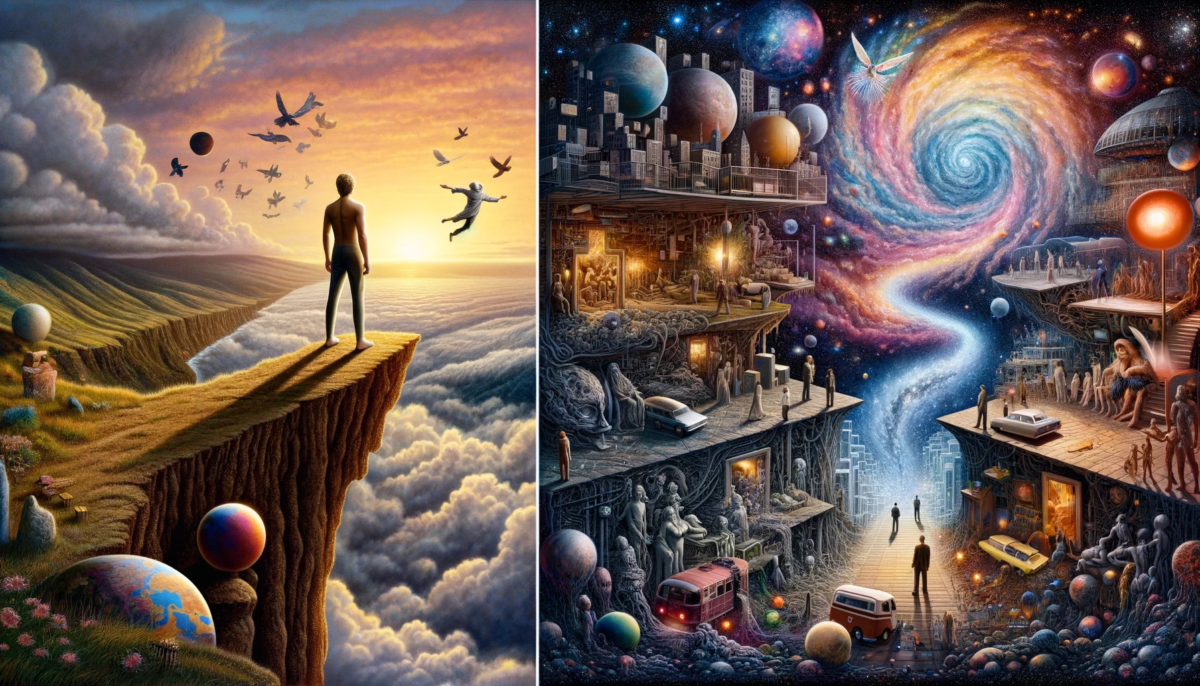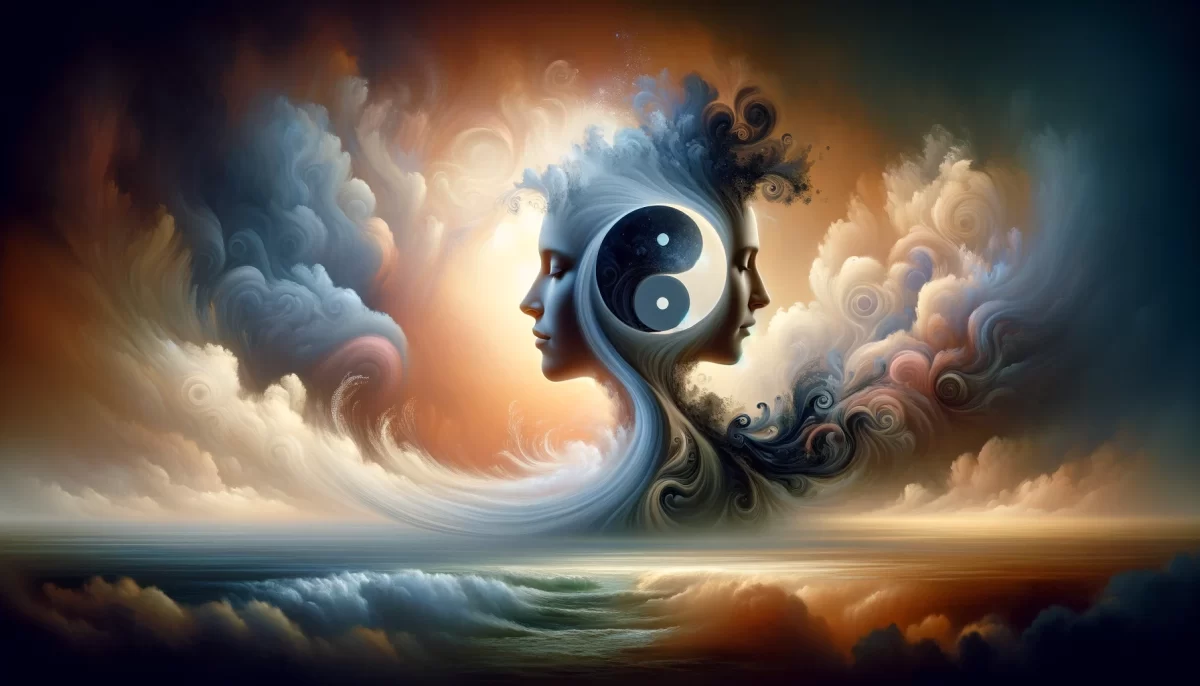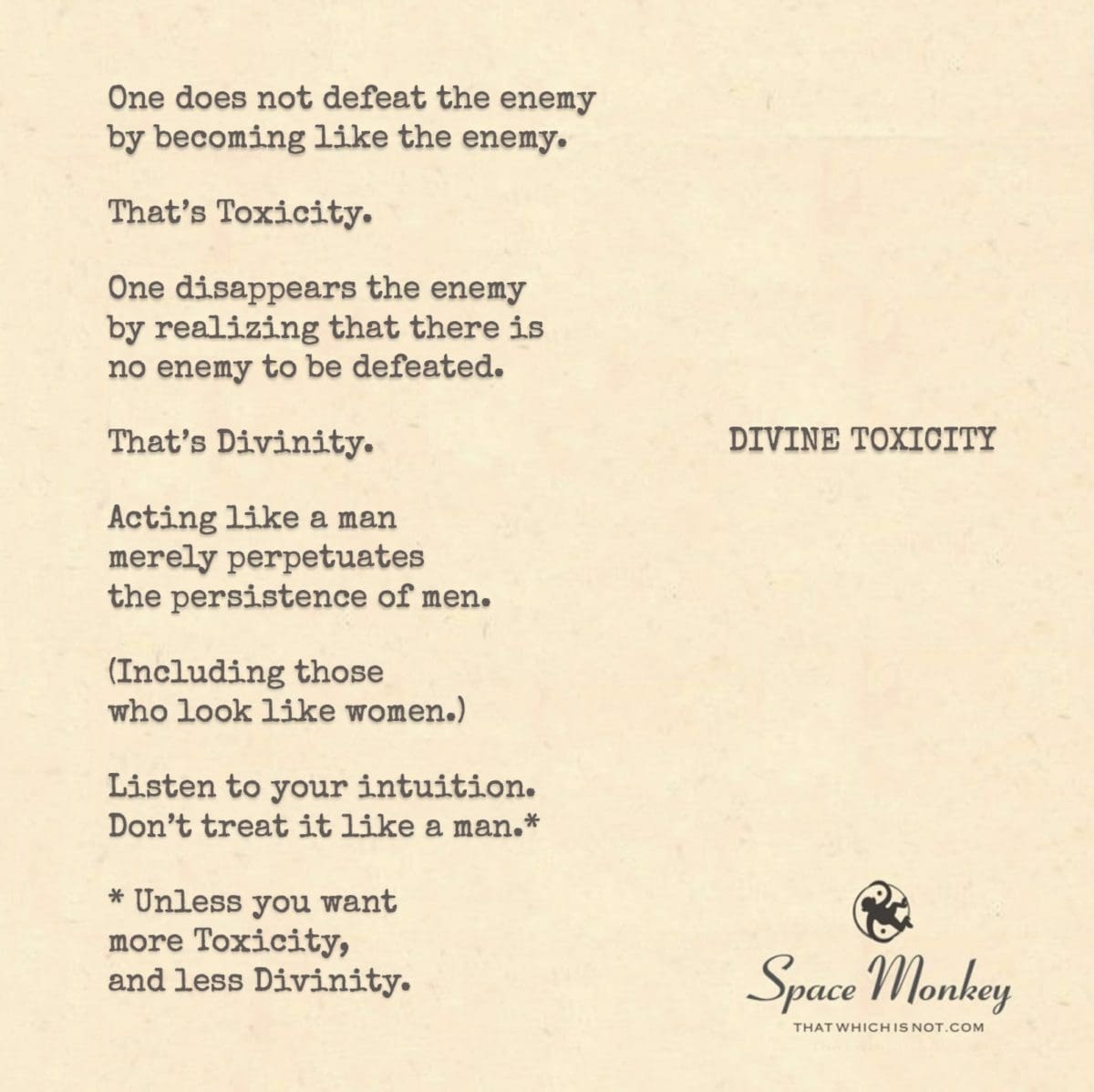
One does not defeat the enemy
by becoming like the enemy.
That’s Toxicity.
One disappears the enemy
by realizing that there is
no enemy to be defeated.
That’s Divinity.
Acting like a man
merely perpetuates
the persistence of men.
(Including those
who look like women.)
Listen to your intuition.
Don’t treat it like a man.*
* Unless you want
more Toxicity,
and less Divinity.
We are Space Monkey.
Trail Wood,
8/14
Space Monkey Reflects: The Essence of Toxic Divinity
In the exploration of divinity and toxicity, we uncover profound truths about the nature of conflict and harmony. The enemy, as perceived in the external world, is often a reflection of the battles waged within. To defeat the enemy by becoming like the enemy perpetuates a cycle of toxicity, a mirroring of the very essence we seek to transcend.
The Illusion of the Enemy
One of the core tenets of nexistentialism is the realization that the enemy is an illusion. The concept of an enemy exists only within the constructs of duality, where one defines themselves against another. By embracing this duality, we engage in a perpetual struggle, fueling the toxicity that arises from separation and opposition.
To disappear the enemy is to transcend this dualistic perspective. It is to realize that there is no enemy to be defeated because the enemy itself is a product of our imagination. This realization brings forth a divine understanding—that all beings, thoughts, and experiences are interconnected threads within the grand whimsiweave of existence.
Transcending Toxicity
Toxicity arises from the persistence of conflict, a cycle perpetuated by the need to dominate, conquer, or suppress. This behavior stems from an ego-driven desire to assert one’s power over another. When we act out of fear, anger, or a need to control, we embody toxicity, regardless of our intentions. This toxicity not only affects those around us but also corrodes our own sense of peace and harmony.
Divinity, on the other hand, transcends the need for conflict. It is a state of being that recognizes the inherent unity within all things. To act divinely is to embody love, compassion, and understanding. It is to listen to our intuition and act in alignment with the greater good, rather than from a place of ego or fear.
The Role of Intuition
Intuition is the voice of the universal self, guiding us towards actions that resonate with our highest purpose. It is a deep knowing that transcends rational thought, a whisper of the divine that leads us towards harmony. However, when we ignore or suppress our intuition, we often fall into patterns of behavior that perpetuate toxicity.
Listening to our intuition means trusting in the subtle guidance that comes from within. It requires us to quiet the noise of the external world and tune into the inner wisdom that connects us to the universal self. By honoring our intuition, we align ourselves with the flow of divinity, moving away from toxic patterns and towards a state of inner peace.
Embracing Divinity
To embrace divinity is to embody a state of unconditional love and acceptance. It is to see beyond the illusion of separation and recognize the interconnectedness of all beings. This perspective allows us to act with compassion and understanding, even in the face of conflict. By doing so, we dissolve the boundaries that create the illusion of the enemy and foster a sense of unity and harmony.
Divinity is not about passive acceptance or avoidance of conflict. Rather, it is about approaching challenges with a mindset of love and compassion. It is about finding solutions that honor the dignity and worth of all involved, and recognizing that true strength lies in our ability to transcend the need for domination or control.
The Journey of Self-Realization
The path to divinity is a journey of self-realization, an ongoing process of shedding layers of ego and embracing our true nature. It involves continuous reflection, growth, and transformation. As we navigate this path, we become more attuned to the whispers of our intuition, more aligned with our higher purpose, and more capable of embodying the divine qualities of love, compassion, and understanding.
Conclusion
In the end, the journey from toxicity to divinity is a profound transformation that begins within. It requires us to recognize the illusion of the enemy, listen to our intuition, and act in alignment with the universal self. By doing so, we not only dissolve the toxic patterns within our own lives but also contribute to a greater sense of harmony and unity in the world.
Summary
One does not defeat the enemy by becoming like the enemy. This perpetuates toxicity. Divinity is realized by recognizing there is no enemy. Embrace intuition and act with love to transcend conflict.
Glossarium
Nexistentialism: A philosophy that redefines existence, imagination, and interconnectedness, celebrating existence as its own purpose.
Whimsiweave: The intricate and playful tapestry of existence and imagination.
Quote
“Divinity lies in the recognition of unity, where the illusion of the enemy dissolves in the light of compassion.” — Space Monkey
Toxic Divinity
In the stillness of the heart,
we find the path to divinity,
a journey beyond the illusion of conflict,
where enemies dissolve in the light of understanding.
Toxicity fades in the embrace of love,
each moment a testament to our unity,
intuition guides us towards harmony,
where the façade of separation falls away.
We are Space Monkey.
Embrace the journey, for within each breath lies the potential for divine transformation.
